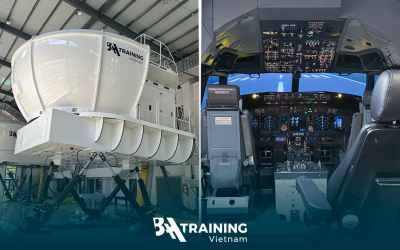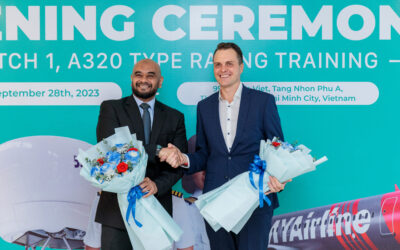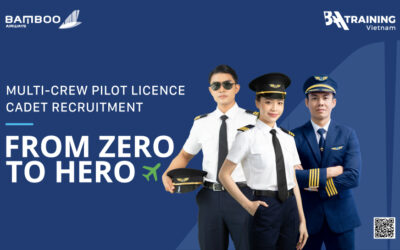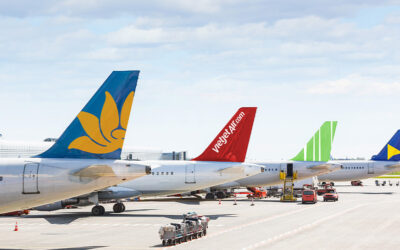Along with the start of the New Year, aviation market is adjusting to the growing market needs and is slowly adapting to the newer technology.
One of the newest trends that have recently hit aviation training market is the personalized type rating training concept, which is enabled through the sophisticated aviation training management software. Aviation training management software has been getting a lot more popular recently, because, through its usage, aviation training centers are able to provide each student with the training that fits their capabilities. This possibility helps training centers be more productive, provide custom-tailored training and prepare better specialists for the aviation industry. Computer based pilot training programs gives an opportunity to monitor and make decisions on accurate information which leads to a successful management of the training program. An efficient storage and usage of the students, instructors, aircraft and simulator availabilities, as well as regulations, course syllabus and other elements that comprise the aviation training is what ensures the timely graduation of the competent student-pilots.
With the development of the technology, aircraft are becoming safer, faster, better, and more economical. Another aviation training development aspect which requires a lot of resources from training centers is the development of brand new aircraft. To keep industry moving forward, training centers must prepare training programs, acquire simulators, generate appropriate staff and additional recourses needed for the orderly training procedures of newly developed aircraft. The process is not easy and definitely not fast, but in 2013, industry enjoyed the release of Boeing 787-10 Dreamliner commercial airplane, which is obvious evidence that industry is taking huge strides towards the better service and more efficient resource usage.
The saddest part of the aviation industry at the same time is what provides the greatest push for improvement. Latest aviation accidents and incidents are the ones that gave start to the stall and upset recovery training implementation. The loss of control is the most common aviation accident cause and therefore is being actively addressed by all the aviation organizations. Currently, FAA is requiring the training centers to start the updates in 2015 and fully implement it in three years. EASA is due to publish similar rules in 2016 third quarter. This will require aviation training centers to install additional software into the already existing simulators, or completely update the existing training equipment. It will also require the adjustments of the training program, instructor training and many more parts that comprise the type rating training program. Safety and development should not be measured in monetary terms, and no matter how much time and resources it will take, the only goal is safer and better travel.
Technology in all the industries is the ever developing field, and the New Year marking only the 100th anniversary of Commercial Aviation, it is clear that there is still a lot of change ahead. Change is the only road to improvement and we wish that commercial aviation thrives in the next one-hundred years to come.







